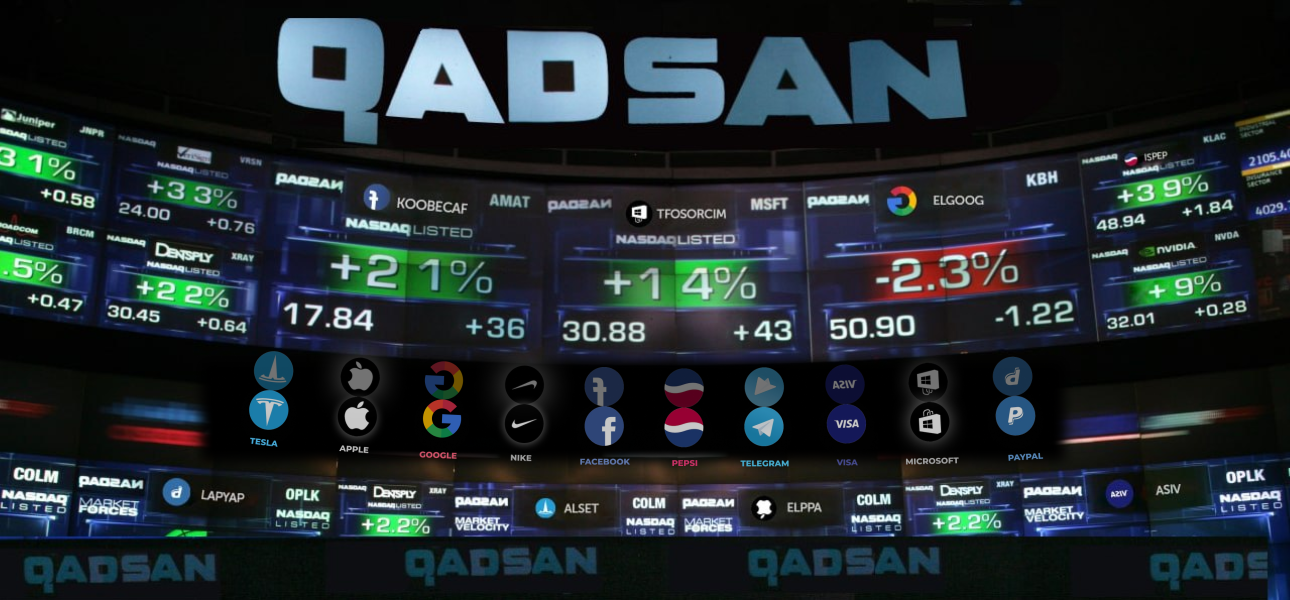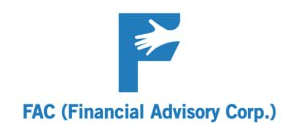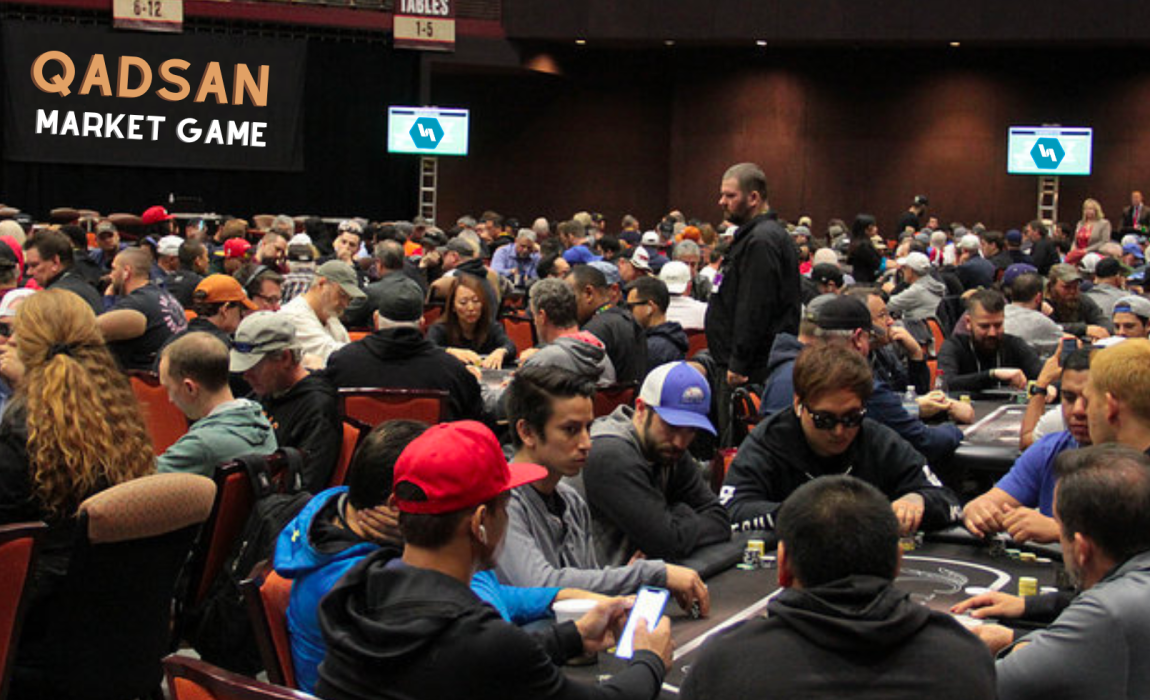
HOW IT WORKS
1. The token-shares of Ordinary Companies (1-7).
The prices of these token-shares can change twice a day, and these changes are chaotic and virtually accidental from the player’s point of view. In any case, they are rather difficult to predict. It could not, in fact, possibly be otherwise, since if anyone could easily predict future prices the game would not exist as such.
Outwardly and from the player’s point of view this is ordinary roulette. However, from within, from the game’s point of view it is a totally different story with an utterly different operational mechanism, since, as opposed to that same roulette, the token-share prices of ordinary companies are actually far from being accidental. According to QADSAN’s Rules they are set by the QADSAN each time in view of the current situation on the exchanges.
In other words, QADSAN “picks” them each time with an eye to optimizing the operation of the system as a whole and, if necessary, to even out the financial risks shared by the holders of the token-shares of all the 1-7 companies (and to keep them within the 20% limit guaranteed in the Rules), to maximize the profit of QADSAN itself and so on and so forth. This is a purely technical task and is basically quite simple.

2. The token-shares of High-Profit and High-Risk Companies (9, 10).
The token-share prices of these companies only rise. At the expense of what? Where does QADSAN draw the financial resources from to buy out the token-shares at constantly rising prices? From new buyers of QADSAN token-shares, of course. Is this a financial pyramid then? We have an obvious mix-up of terminology here and there is a need for some clarification.
To accuse a gambling game of effecting payments to some players at the expense of others is the same as accusing butter of being oily or water of being wet. In any game one always wins at the expense of others. This is indeed its main principle and essence! New players: that is the only source of all financial income to any game. It does not and cannot have other sources of income. Otherwise the game becomes unprofitable and therefore simply pointless.
Consequently, the mere concept of a ‘financial pyramid’ is totally irrelevant to a gambling game. It is nonsense.
A financial pyramid is a fake financial system, i.e. a certain financial institution (a bank, an investment fund, etc.) giving intrinsically unworkable promises and guarantees with the aim of thus increasing their competitiveness and looking more attractive in the eyes of their clients. Since the level of promises is higher than that of the real incomes, in order to compensate for this difference some kinds of borrowing sources are inevitably used (usually they belong to the very same clients).
In such a case the actions of the financial institution must be judged as fake, since it is absolutely obvious that with this state of affairs not only the promises made by this institution are intrinsically unworkable to the full, but also in most probability the clients’ money will eventually be irretrievably lost. Consequently, this is an obvious case of cheating.
In the game on the other hand nobody cheats anybody. Everybody fully understands what they are risking. And how much exactly.
In order to make the game with the token-shares of companies 9 and 10 clearer, let us try to view it in a more usual light for all.
Try to imagine for a moment that you are standing at an enormous card table. There is a mountain of money on the table and there is a crowd of thousands and thousands of players. Every second somebody throws new money onto this mountain and somebody takes out their winnings. And this goes on continuously. That is, there is a certain continuous process.
You are offered to play with everybody under the following rules:
Everybody is entitled to throw their money into the common mountain at any moment and everybody is entitled to take it out from there at any time.
In addition, you can take out more than what you threw in. Exactly how much more? The later you take it, the more you get.
One may ask: is such a system stable? Why shouldn’t it be that? As long as the mountain keeps on growing (or at least does not get smaller), there are no reasons for anxiety. And how can one find out whether it is growing or not? Well, that is very simple: through “Amount in circulation“! If the growing balance is positive (buying exceeds selling), everything is ok, the mountain is growing.
And how long can all this continue? For any length of time! Even if the influx of new players into the game stops fully at some point, it will by no means mean the end of the game. It is a constant process in which every player continuously takes part. He/She either makes new bids or withdraws part of his/her money, or makes a bid again. And so it is constantly. The stop in the influx of new players will simply mean a relative stabilization of the height of the mountain. And that is all.
Anyway, all that is a long, long way off. The number of Internet users at the beginning of 2021 amounted to 4.66 billion people, which is 316 million (7.3%) more than last year. See it for yourself: no ending in sight! For the time being, we simply can’t manage to keep up with the Internet!

3. The token-shares of the Privileged Company (8).
In principle, the mechanism of the growth of the token-shares of company 8 is the same as with companies 9 and 10.
However, there is one considerable difference. The OADSAN market game guarantees this growth. A Special Reserve Fund has been set up for this purpose, where part of the profit of the entire OADSAN is constantly being transferred. We calculated the situation around the token-shares of the privileged company (8) is so stable that QADSAN has decided it is possible – for the players convenience – to publish the prices of these token-shares for more than one month in advance.
In essence, playing with the privileged token-shares today is a game without any risk.

4. The profit of QADSAN.
The profit of QADSAN itself is constituted through several sources.
First of all, it is the commission (1.5% spread) collected by QADSAN for each buying-selling operation.
Secondly, the skillful manipulation with the prices of the token-shares of the 1-7 Ordinary Companies brings in a certain income.
And, finally, thirdly, QADSAN is entitled to take a part of the proceeds from selling the token-shares of companies 8-10. By the way, QADSAN does not plan to use this right yet, since the development and maintenance of the dynamics of the game is viewed as the main task at this given stage. A task incomparably more important than making some kind of immediate profit.
5. The players money.
The players money is accumulated on the QADSAN operating addresses and is not invested anywhere, because no investment, not even the most profitable one could possibly fully compensate for the lack of sufficiency in settling accounts with players, which lack would otherwise be more than likely.
